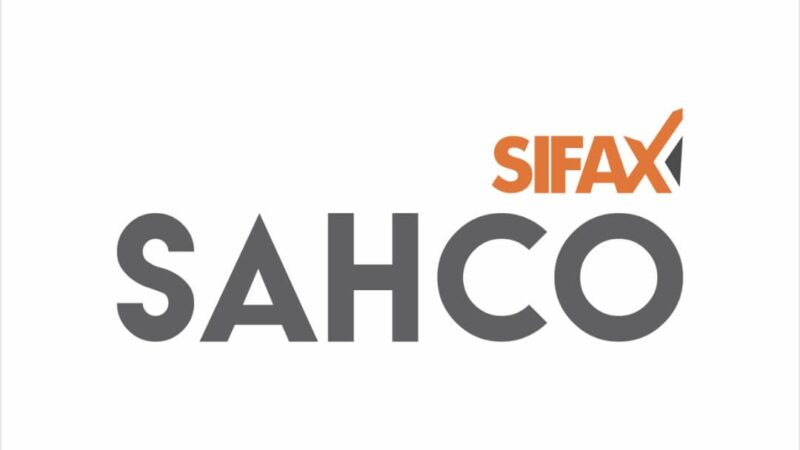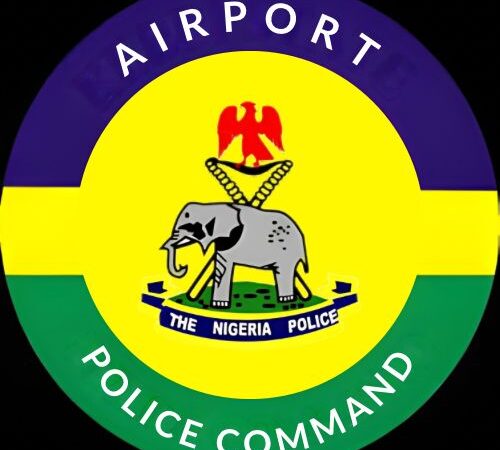NCAA, Lufthansa Reaffirm Commitment to Sustainable Aviation

The Nigeria Civil Aviation Authority (NCAA) and Lufthansa Airlines have reiterated their joint commitment to environmental sustainability within the aviation industry.
This pledge was underscored during an Exclusive Discourse Event hosted by Lufthansa Airlines at the Radisson Blu Anchorage Hotel, Victoria Island, Lagos.
Representing the Director of Air Transport Regulations at the NCAA, Mrs. Olayinka Babaoye-Iriobe, was Mrs. Evelyn Tanko, Deputy General Manager (Commercial Agreement & Aviation Environment), who reaffirmed the Authority’s statutory mandate under the Civil Aviation Act, 2022, to regulate environmental concerns within the sector.
Mrs. Tanko highlighted the Authority’s efforts to align with international standards, notably the domestication of the International Civil Aviation Organisation (ICAO) Annex 16 on Environmental Protection into the national regulations under Part 16 of the Nigeria Civil Aviation Regulations (Nig. CARS).
These include rigorous provisions for the monitoring, reporting, and verification of carbon dioxide (CO2) emissions from international aviation activities.
Additionally, Part 5 of the regulations addresses certification requirements concerning aircraft noise and emissions.
She further revealed that NCAA has developed a comprehensive State Action Plan on CO2 emission reduction from international aviation.
Nigeria, she said, voluntarily joined the Carbon Offsetting and Reduction Scheme for International Aviation (CORSIA) during its pilot phase in 2018 and has since maintained the timely submission of CO2 emission data from participating airlines.
The NCAA is also pioneering a Sustainable Aviation Fuels (SAF) Roadmap aimed at fostering the development and deployment of SAF across the country.
Mrs. Tanko also noted that the Federal Airports Authority of Nigeria (FAAN) is advancing its commitment to climate action through the introduction of Airport Carbon Accreditation (ACA) across major airports to curb carbon emissions.
Similarly, the Nigerian Airspace Management Agency (NAMA) has implemented Free Route Airspace (FRA) and Performance-Based Navigation (PBN), both targeted at reducing the industry’s carbon footprint.
However, she acknowledged several challenges hindering the scaling of sustainability policies, including fragmented regulatory frameworks, limited data and monitoring infrastructure, financing limitations, and gaps in institutional capacity, awareness, and industry preparedness.
On his part, Mr. Rene Koinzack, Senior Director (Sales), Lufthansa Sub-Sahara Africa, stated during a panel session that Lufthansa is deeply invested in sustainability.
He explained that the airline has adopted Science-Based Target Initiatives (SBTI), which involve deploying a modern fleet, ensuring efficient flight operations, promoting carbon-neutral flying, utilising sustainable aviation fuels, and significantly cutting down on waste and plastic usage.
The session concluded with a collective call to action, urging airlines, airports, aircraft manufacturers, and regulators to fulfil their respective roles by embracing environmentally conscious practices.
These include lowering carbon emissions, enhancing fuel efficiency, developing alternative energy sources, and streamlining operational processes—all critical for ensuring a sustainable future for the aviation industry.







